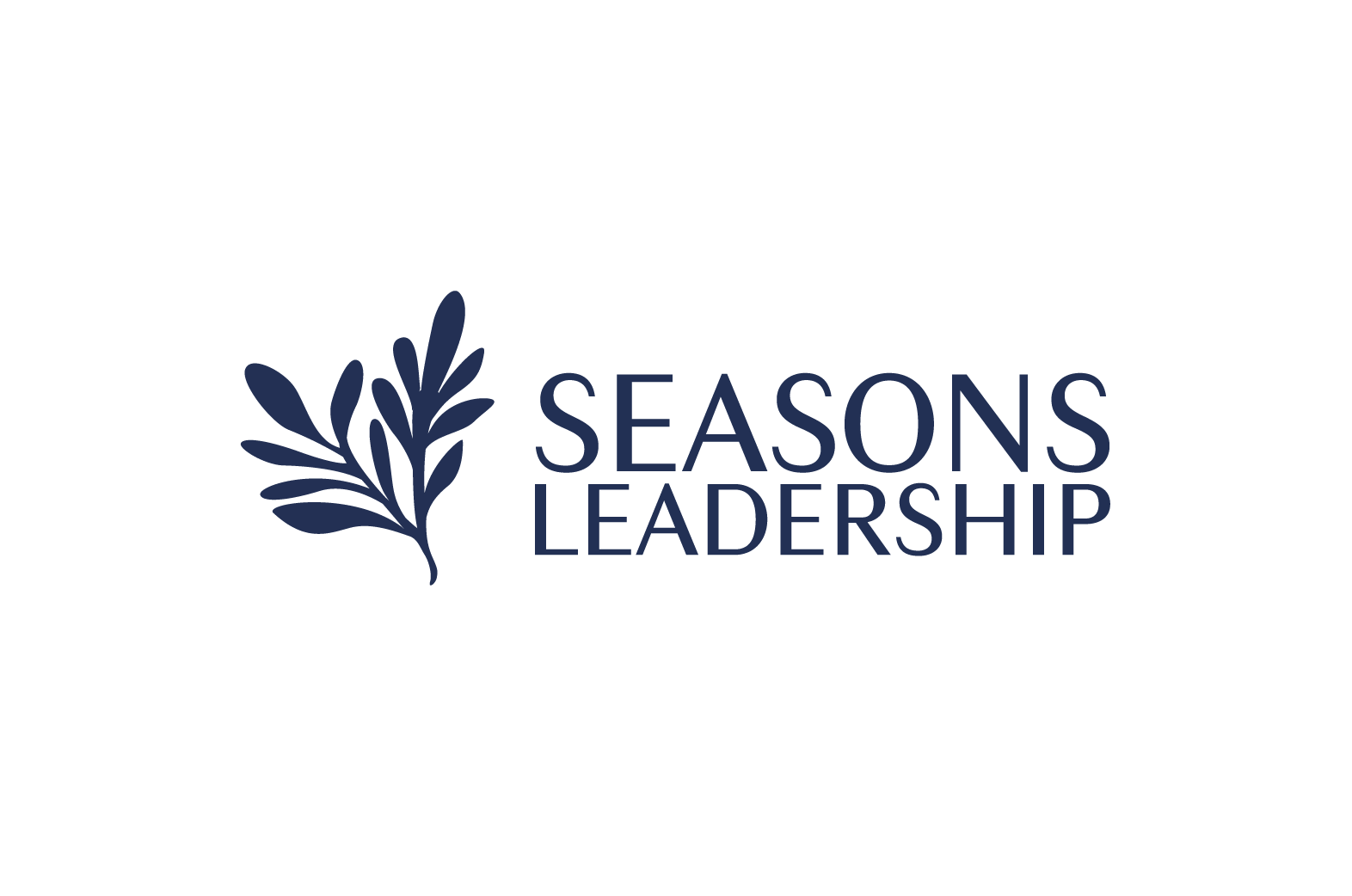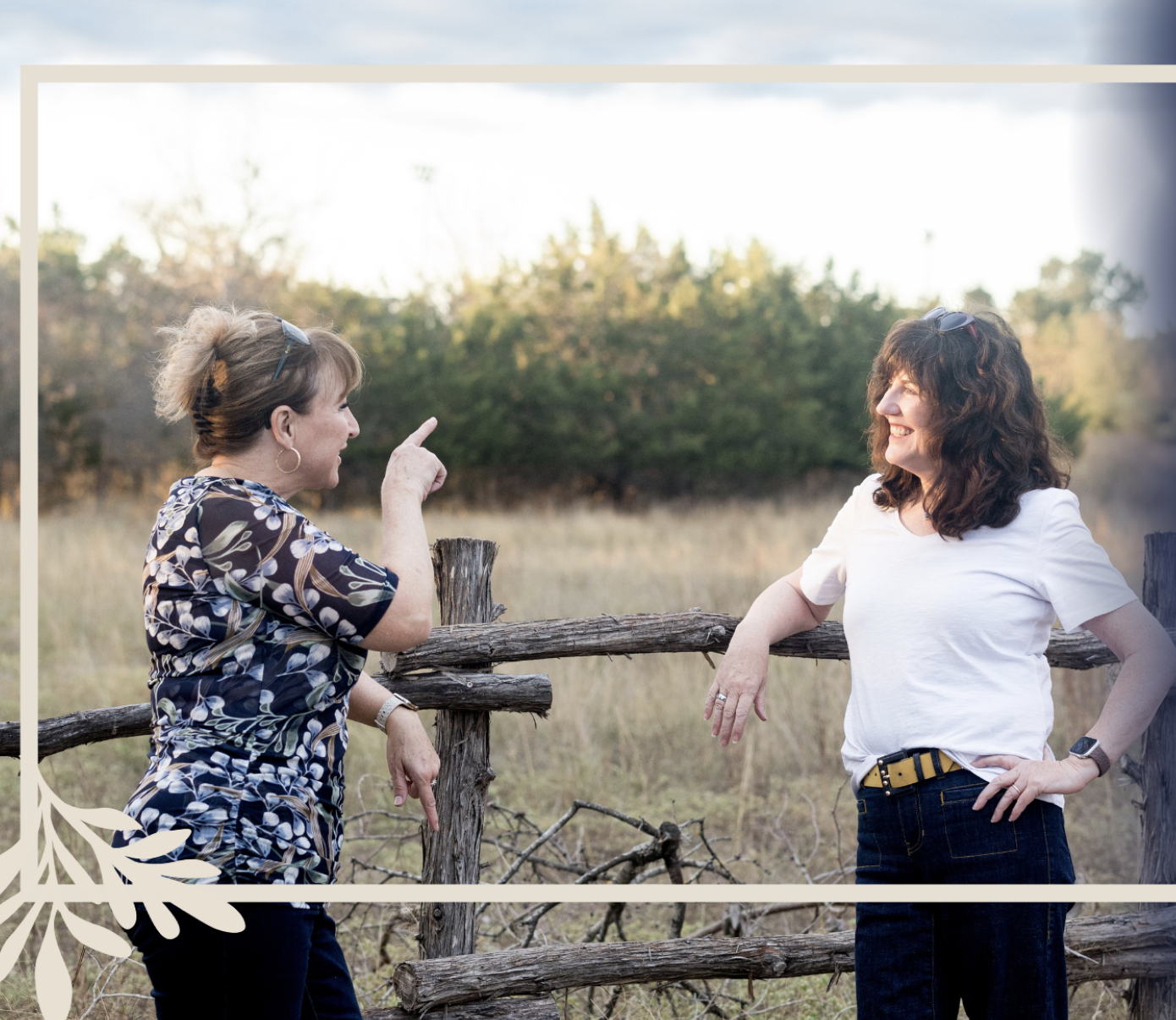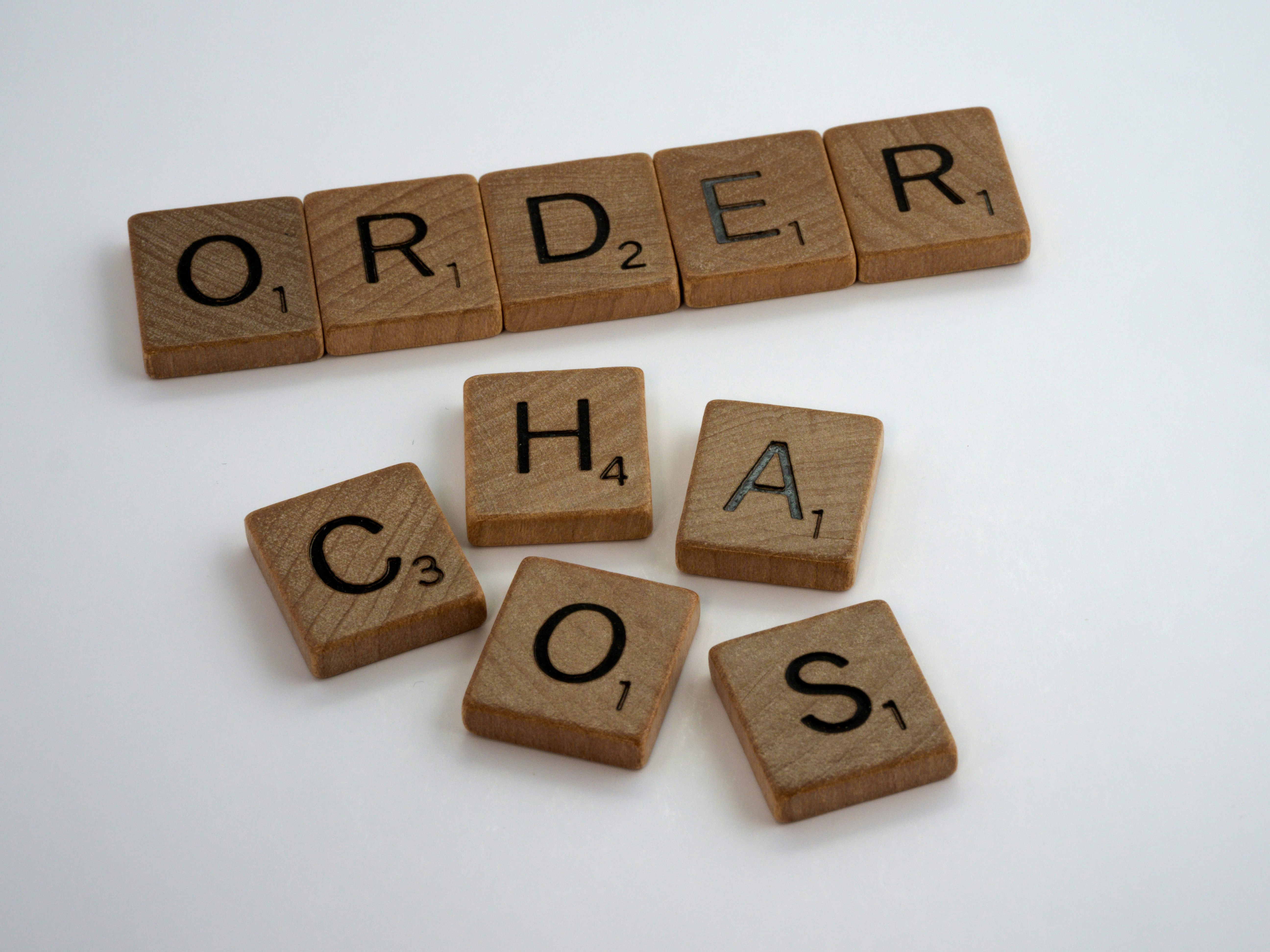“Resilience is a process of adjusting to adversity in the healthiest way possible.” – Stephanie Parmely
Setbacks, disappointments, and unfortunately, even crises happen to all of us at some point in our lives. These often leave us feeling overwhelmed, tired, frustrated, upset, numb, defiant, angry - just to name a few challenging emotions. Last year I decided to start some home renovations to better use some of the spaces in my house. After successfully working with a contractor to complete plans for some significant revisions, the project stalled, leaving me frustrated and angry.
This got me thinking about the importance of resilience. We are asked in our Seasons Leadership Program for strategies to continue leading in the face of challenges because our participants want to show up as their best selves no matter what the situation. We all need a way to level up our resilience to survive and eventually thrive as leaders in our lives and businesses and these insights and steps are ones I have found helpful in strengthening my resilience.
Practices to strengthen resilience
Understand that resilience is a process, and you can practice this process as you move through adversity. You might not have control over what happens, but you can be in the best position possible to control how you respond. This is great in theory but living through the reality can be difficult. When I am under stress or care deeply about something - my resilience takes a hit when it doesn't go the way I want. Under stress, I might not respond in the most productive ways. For example, my home remodel project was delayed, and I needed to invest more time and money to continue - all because I was slow to recognize that I chose, and stuck with, an unreliable contractor. Ugh.

Here is the scaffolding that serves as a daily reminder that my project is not finished yet. Time to practice some resilience techniques!
So, what are some steps that help build resilience?
First, recognize and call out the negative situation. Yes, that contractor I worked with for over a year really did ghost me, and I'm not going to hear back from him. By naming it, I can now choose how to respond – not simply react unconsciously. Until I recognized the reality of the situation, I created excuses for the contractor such as "he was busy" or "the Covid situation was causing delays for the construction industry." Being caught in this trap prevented me from moving on sooner.
Second, lean into uncomfortable feelings rather than ignoring or dismissing them. I trusted the contractor and valued the professional relationship, and I did not want to admit (even to myself) that trust was misplaced. When I realized I should have switched my approach much sooner than I did, I was frustrated and even a little embarrassed.
Uncomfortable emotions fester and grow when stuffed down inside. They can then leak out in inconvenient ways and sometimes in the most unfortunate places. Naming the emotion can create some space between "myself" and that uncomfortable feeling. That feeling is there because it is telling you something about yourself that will bring wisdom. In my case, I found naming the feeling of embarrassment helped me move on. I could forgive myself for my refusing to acknowledge the shortcomings of my contractor - even when I saw signs of unreliability early on in our relationship. This was a mistake in judgment, not a fatal flaw in my character. By realizing that I trusted too quickly, I could learn that lesson for the next time and move on to what needed to be done today.
Third, stay aligned with your goal. The work on my house still needed to get done, so I started planning to make it happen without that contractor. A sense of purpose is common in resilient people. Their goal is more important than their discomfort, so they get out of bed in the morning, keep going and stop hitting the snooze button. Another way of saying this is "outcome over ego." This saying reminds me that the result I want is more important than me being right.
Fourth, reframe a problem as a challenge, not an inevitable disaster or failure. At times, this is hard for me, especially when I feel like my values have been trampled on - I want justice and accountability! All this ruminating won't get my job done any faster, and in fact, makes the experience worse for me overall. I have learned some valuable lessons about working with contractors and will better choose the next one. Resilient people don't think of mistakes as personal failures, but lessons learned and opportunities for improvement.
Finally, take care of yourself. Investing in self-care is an investment in resilience. When I feel healthy and happy, I am much more resilient than when I am unwell or exhausted. This is hard to do during stress, but even small things can make a big difference. Simple ideas work great. Taking a few deep breaths, listening to a favorite song, or finding a good listener can make a positive difference in feeling resilient. I find talking to a friend and unleashing how mad I am is a great release.
I have a loop I walk around my neighborhood that takes about 40 minutes to complete. By the time I finish the loop, any ruminating I am doing quiets down, and I'm thinking more clearly. That loop was walked many times this last year, as I planned and re-planned my remodel!
Remember being resilient is a process
Being resilient in the short run is doable. Being resilient over the long haul – is messy and possible. There are days when I do okay, and then there are days that I don't. The point is, being resilient is a process, and I will experience ups and downs. Even when I follow resilient practices, I don't always feel resilient. This is an important point that I try to remember: just because I'm not feeling resilient today doesn't mean I'm not resilient. I might need some time to rest, grieve, or connect with another person and talk.
I share my contractor example to illustrate the steps in the resilience process, recognizing that setbacks come to us in varying degrees, and some are much harder to overcome. My remodel project is important to me, but it is not the most vital priority in my life by a long shot. It is an example of practicing resilience in my daily life, helping me prepare for the more significant setbacks that will surely come. Resilience is a process, but I also think of it like muscle training; I get better at it the more I mindfully practice.
I hope you find my steps helpful to you. It's messy, and you might not always feel resilient. Still, if you trust the process and regularly take actions (no matter how small) to nurture your resiliency, you will find that over time you will start to feel more resilience in your life.
It's important to say that if you feel overwhelmed and unable to cope, please seek professional help and support. There are many free or affordable services for support. Recognizing when you need this professional support is another crucial way to nurturing your resilience.
I love the quote from Martin Luther King Jr. who said, "If you can't fly then run, if you can't run then walk, if you can't walk then crawl, but whatever you do, you have to keep moving forward." This is an inspiring example of adjusting to adversity in the healthiest way possible.
Build a network of resilience
One of our four pillars in the Seasons Leadership is community. We believe that a strong, diverse network of people who can support you – and who you can support - is essential for resiliency. Make it a priority to nurture the relationships you care about in your personal life and work life. Reach out regularly to keep those relationships alive. Make an effort; it is worth it.
Learn more with the Seasons Leadership Program at www.seasonsleadership.com.
Definition of resilience quoted above from Stephanie Parmely, PhD quoted in: www.realsimple.com/health/mind-mood/emotional-health/emotional-resilience
Want more leadership insights? Other inspiring stories of leadership are available on The Almanac:
Lead with Vision
Motivational Leadership













